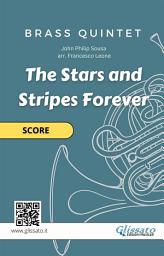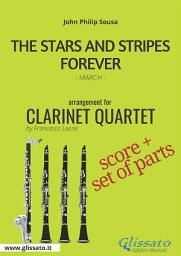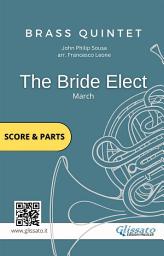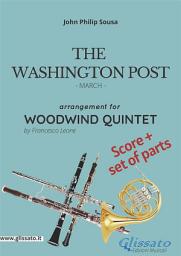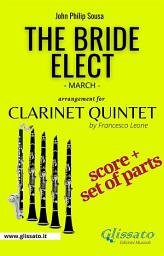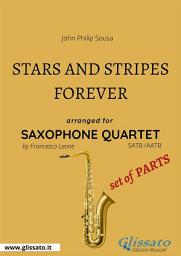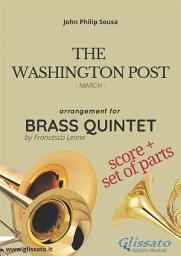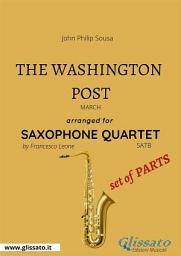John Philip Sousa
John Philip Sousa (1854–1932), commonly known as 'The March King,' was an American composer and conductor primarily celebrated for his military marches. While his musical reputation remains deeply rooted in compositions such as 'Stars and Stripes Forever' and 'Semper Fidelis,' Sousa's literary pursuits are lesser known but equally fascinating. In his novel 'The Fifth String,' Sousa explores the thematic intersection of love, art, and the supernatural. Published in 1902, the book tells a tale of a violinist who bargains with the spirit of Paganini for a violin with four strings that can summon fame and a fifth string that can evoke love. The narrative style of 'The Fifth String' reflects Sousa's musical background, echoing the cadence and disciplined structure of his renowned marches. The novel stands as a testament to his creative versatility, offering insights into his imaginative faculties beyond the music for which he is universally acclaimed. Sousa's contribution to the literary field, though not as extensive as his musical corpus, provides a compelling view into the cultural and artistic values of his era and is remembered as a unique expression of his multifaceted talents.
Ebooks
